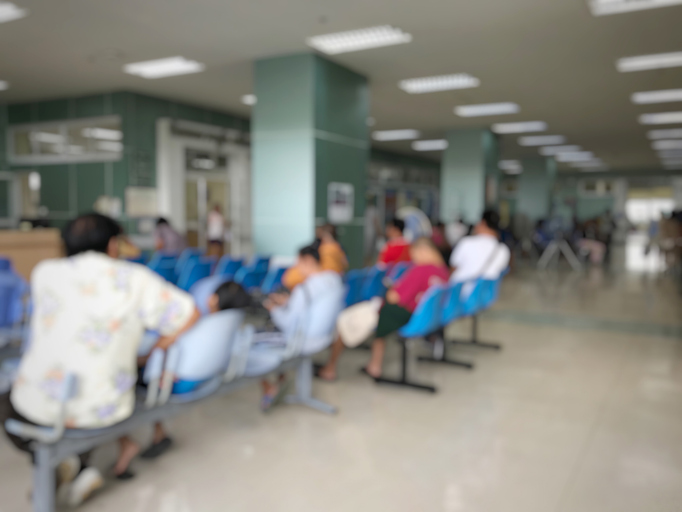
In recent times, the crowding situation in the emergency department (ED) of University Hospital Limerick (UHL) has received increased scrutiny and national attention.
On 30 April, it was announced that a support team has been established to help address the current pressures on health services in the Mid-West region.
According to a statement from the Department of Health, the team was to begin work immediately over a four-week period to help devise a number of actions designed, in particular, to ease crowding and pressures in the ED at UHL.
Two days later (2 May), UHL’s ED was the subject of one of six recent hospital inspection reports published by HIQA.
The UHL report found “the ongoing mismatch between the number of people attending the ED and the hospital’s capacity resulted in an overcrowded ED”.
Planned additional inpatient bed capacity is to be welcomed, according to HIQA. However, the Authority noted that the intended gains may be limited if a significant proportion of this new stock is used as replacement stock.
“This should be further considered in the context of the risks posed by overcrowding in the ED,” according to HIQA.
The Authority stated that the underlying issue of “ineffective patient flow” has yet to be fully addressed. It advised ongoing focus should be put on hospital avoidance measures and alternate pathways, alongside the planned additional capacity.
On 3 May, the Irish Association for Emergency Medicine (IAEM) issued a statement in response to evidence heard at the inquest into the death of Ms Aoife Johnston (16), which occurred following her presentation to the UHL ED at the end of 2022.
According to the statement, it is imperative that Ms Johnston’s “almost certainly avoidable death” is seen as “a line in the sand”.
The Association said that “sadly no-one working in Ireland’s EDs was surprised at the evidence heard at
the inquest”.
“The only surprise has been how few of the many avoidable deaths have come before the coroners’ courts, given the clear evidence of increased mortality and morbidity associated with both ED crowding and prolonged waits for admission to a hospital bed for the approximately 25 per cent of ED patients deemed to require hospital admission after assessment and emergency treatment in the ED.”
The IAEM pointed out the primary cause of ED crowding is the health service’s “grossly inadequate” acute bed capacity.
“No longer can those who bear management and political responsibility for the provision of a safe environment that, at its most basic, requires sufficient acute bed capacity and appropriate staffing, hide behind the defence of ignorance of the catastrophes that unfold due to overcrowding,” according to the IAEM.
“It is vital that all play their part in supporting the work of the ED rather than seeing the situation that was laid bare so publicly at the inquest as a matter for the ED and the ED staff alone.”
While the crowding problem in UHL’s ED is particularly glaring and is rightly the subject of specific interventions, it is only one example of a wider issue. Recent HIQA reports have also identified deficits in EDs in Tallaght University Hospital, Dublin, and Sligo University Hospital, among others. As the IAEM advises, capacity shortfalls in EDs are prevalent and require a national solution.





Leave a Reply
You must be logged in to post a comment.